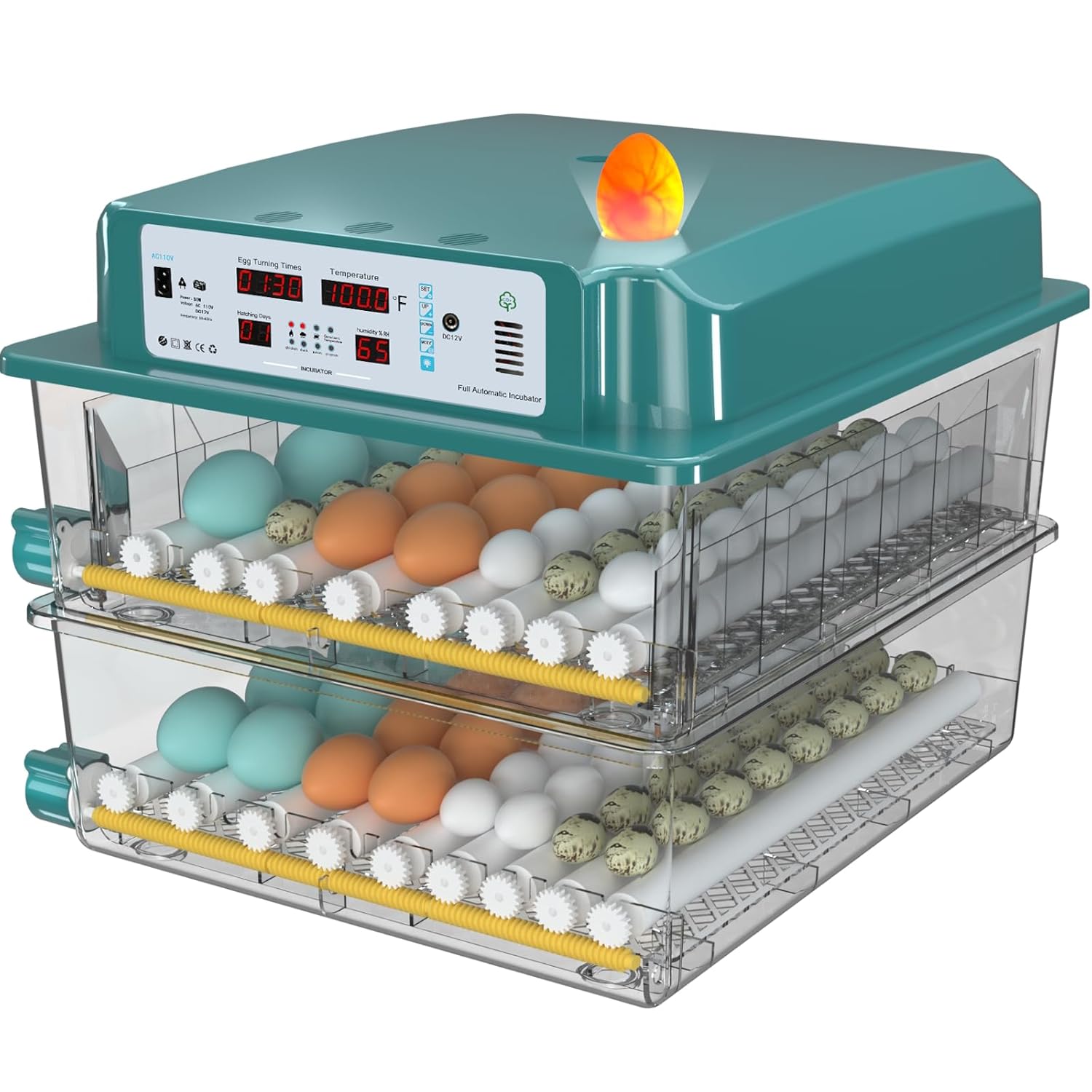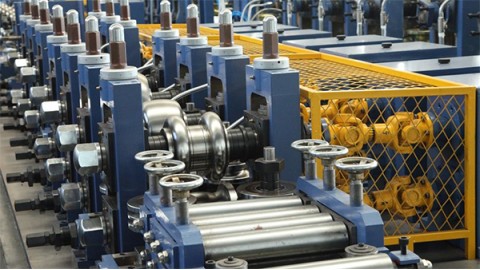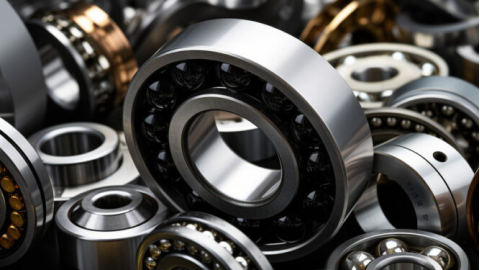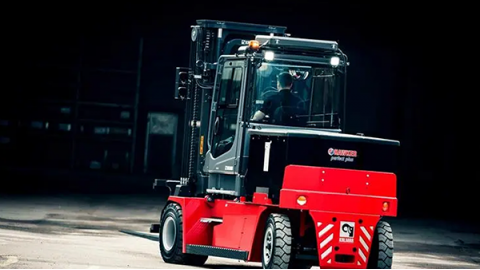Top 10 Egg Incubator Manufacturers and Companies
Egg incubators are machines that mimic a hen's natural incubation. They control temperature, humidity, and egg turning to optimize embryo development. These devices are vital for poultry farming, conservation projects, and hobbyists. The top manufacturers in this field lead with technological innovation, diverse product ranges, and global market impact. They serve needs from large-scale agriculture to backyard flocks.

Key Features of Egg Incubator Technology
Effective egg incubation relies on precise engineering. Several key features define a high-quality incubator.
Temperature Control: Stability is critical. The best incubators maintain a temperature within ±0.5°C. For chicken eggs, this is typically 37.5–37.8°C.
Humidity Systems: Proper moisture levels are essential. Incubation requires 45–55% humidity. The hatching phase needs 65–75%. Advanced models use sensors for automatic adjustment.
Egg Turning: This prevents embryo adhesion. Automatic turners rotate eggs every 1 to 4 hours. Manual options are more affordable but require user attention.
Ventilation: Systems ensure a fresh oxygen supply and remove carbon dioxide. This is crucial for healthy embryonic development.
Build Quality: Materials like insulated plastic or metal affect durability and insulation. Digital controllers offer user-friendly interfaces and alarm systems for errors.
Energy Efficiency: Low-wattage heating elements reduce operating costs. This is a key consideration for continuous use.
Global Egg Incubator Market Overview
The global egg incubator market is growing. It expands at a Compound Annual Growth Rate (CAGR) of 5.8% from 2023 to 2030. Rising demand for poultry products drives this growth. Automation in farming is another major factor.
North America and Europe are dominant markets. Advanced agricultural practices support this. The Asia-Pacific region shows the fastest growth. Population increase and urbanization are the primary causes.
Market segments include still-air and forced-air incubators. Forced-air models use fans for even heat distribution. They offer greater precision. Key industry trends focus on IoT integration for remote monitoring. Energy-efficient designs and multi-species compatibility are also important. Challenges include high initial costs and maintenance needs. Solar-powered incubators are gaining traction in emerging markets.
Top Egg Incubator Manufacturers and Companies
These ten companies are leaders in incubator manufacturing. They excel through innovation, reliability, and service.
G.Q.F. Manufacturing Company: Founded in 1916, this US company is an industry staple. Its Sportsman series, like the Genesis Hova-Bator, is renowned for durability. They offer models from tabletop to commercial scale.
Brinsea Products Ltd.: A UK-based innovator, Brinsea focuses on advanced technology. Its Ovation series features Eco-Touch control for precision and energy savings. The company is known for excellent customer support and warranties.
R-Com Inc.: This South Korean company is a global player. Its King Suro series is popular among hobbyists. Key features include automatic turning and clear digital displays.
Janoel Inc.: Specializing in economical options, Janoel serves small-scale users. Models like the JL48B provide basic, reliable functionality at an accessible price point.
Lyon Electric Company Inc.: Known for its Turn-X models, Lyon emphasizes user-friendly design. Their incubators often feature clear viewing windows and consistent performance.
Farm Innovators: This manufacturer offers a range of products, including the Cirus series. They provide good value with a focus on essential features for home use.
Natura Inc.: Natura stands out for its environmentally conscious designs. The company incorporates sustainable materials and energy-efficient systems into its products.
Harris Farms: A name familiar to many hobbyists, Harris Farms produces the Nurture Right model. It strikes a balance between affordability and digital control features.
Incubator Warehouse: This company provides solutions for larger operations. They focus on commercial-grade incubators with high capacity and robust construction.
Petersime NV: A leader in industrial-scale incubation, Petersime serves the global poultry industry. Its BioStream technology replicates natural hen behavior for superior hatch rates.
Factors for Choosing an Egg Incubator
Selecting the right incubator requires careful thought. Consider these factors to make an informed decision.
Capacity: Determine how many eggs you need to hatch. Small units hold 12–48 eggs. Commercial models can handle over 1,000.
Control Type: Basic analog thermostats are cheaper. Digital controls offer superior precision and easier monitoring.
Egg Turning: Automatic turning reduces manual labor. Manual options are more budget-friendly but need your regular involvement.
Construction Material: Plastic units are lightweight. metal incubators are often more durable and better insulated.
Energy Consumption: Check the wattage. Energy-efficient models save money on electricity during the multi-week incubation process.
Budget: Prices range from $50–$200 for entry-level models. Advanced incubators can cost $500 or more. Balance cost with the features you need.
Brand Reputation: Read user reviews and check warranty terms. A company like Brinsea offers a 2-year warranty, signaling confidence in its products.
Specific Needs: Consider what type of eggs you will hatch. Waterfowl eggs, for example, require higher humidity settings than chicken eggs.
Innovation and Future Trends
The egg incubator industry continuously evolves. New technologies make the process smarter and more efficient.
IoT Integration: Many new incubators connect to Wi-Fi. This allows remote monitoring and control via smartphone apps. Brinsea already offers a Wi-Fi module for this purpose.
Artificial Intelligence: AI algorithms can analyze data to predict hatch outcomes. They adjust settings in real-time for optimal results.
Sustainable Design: Eco-friendly innovation is a major trend. This includes solar-powered units and the use of recycled materials in construction.
Multi-Species Adaptability: Modern incubators often feature adjustable settings. They can handle various egg sizes, from small quail to large ostrich eggs.
Biosecurity Features: UV-C light sanitation systems are emerging. They help prevent the spread of pathogens inside the incubator.
The future points toward full automation. Systems will require minimal human intervention. Modular designs will allow users to upgrade components easily. Research is also exploring integration with genetic selection tools to improve offspring quality.




